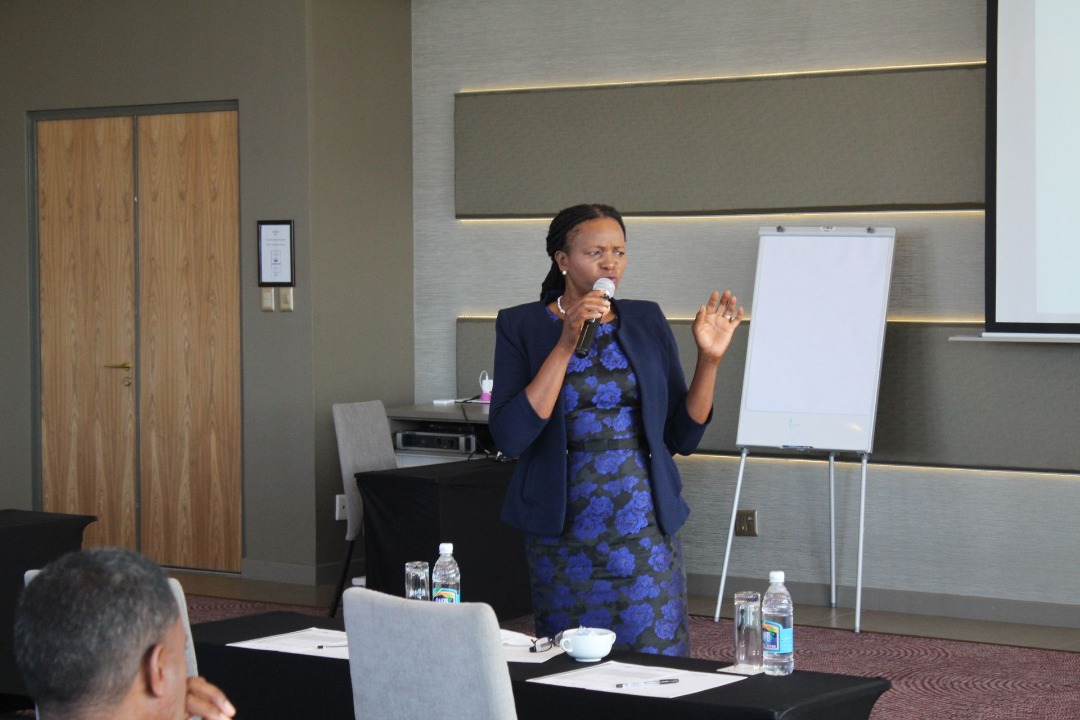NEF SG says employers need to do more
The Namibian Employers' Federation (NEF), in partnership with the International Labour Organisation (ILO), is hosting a three-day workshop week. NEF's secretary general, Daan Strauss, highlighted the responsibility of employers in implementing strong policies for employees.The workshop is centred around capacity building, with a specific focus on the ILO's Convention C111, and is hosting employers from various sectors such as hospitality, tourism, manufacturing, security, and education.
This goal is to educate businesses on the convention's prohibition on discrimination and exclusion of any kind, including based on gender and HIV/Aids status, in the workplace.
Maria Machailomolebatsi, senior specialist for employers' activities at the ILO Pretoria office, reiterated the ILO's commitment to employers' organisations and providing them with the capacity and help to carry out their mandates.
"The international labour standard has a long history in Namibia and we continue working with employers' organisations in Namibia to ensure that they help drive the implementation of important ILO conventions relevant to businesses,'' she said.
Take the lead
Strauss emphasised that employers must take the lead for in-country implementations of ILO conventions. He called on employers to ensure there is no discrimination taking place at workplaces.
"As employers, we need to take the lead in this eradication. We live in a society where we are expected to abide by the law and the same goes for the implementation of conventions," he said during the event.
NEF hosted a capacity-building workshop in June alongside the ILO and various trade unions in Namibia.
The purpose of that workshop was to assist the government in complying with its ILO constitutional obligation to give effect to the provisions of ratified instruments.
In conjunction with this, to respond to the needs identified by the national tripartite constituents by providing the technical support required so that they can actively contribute to the application and promotion of International Labour Standards (ILS).



